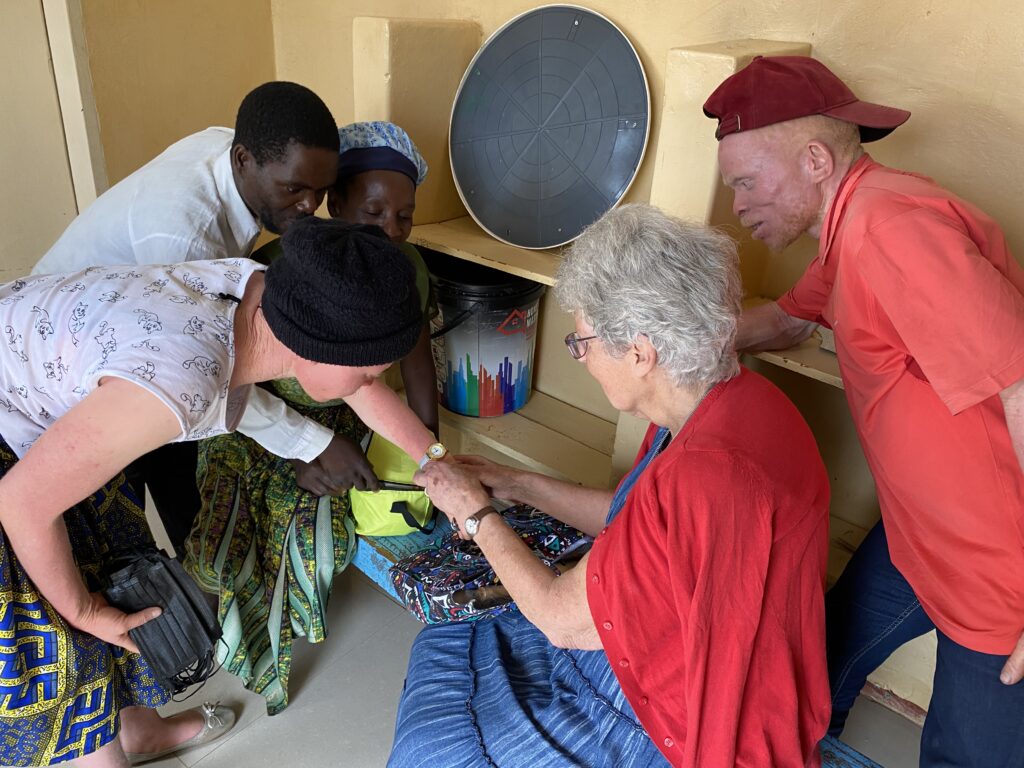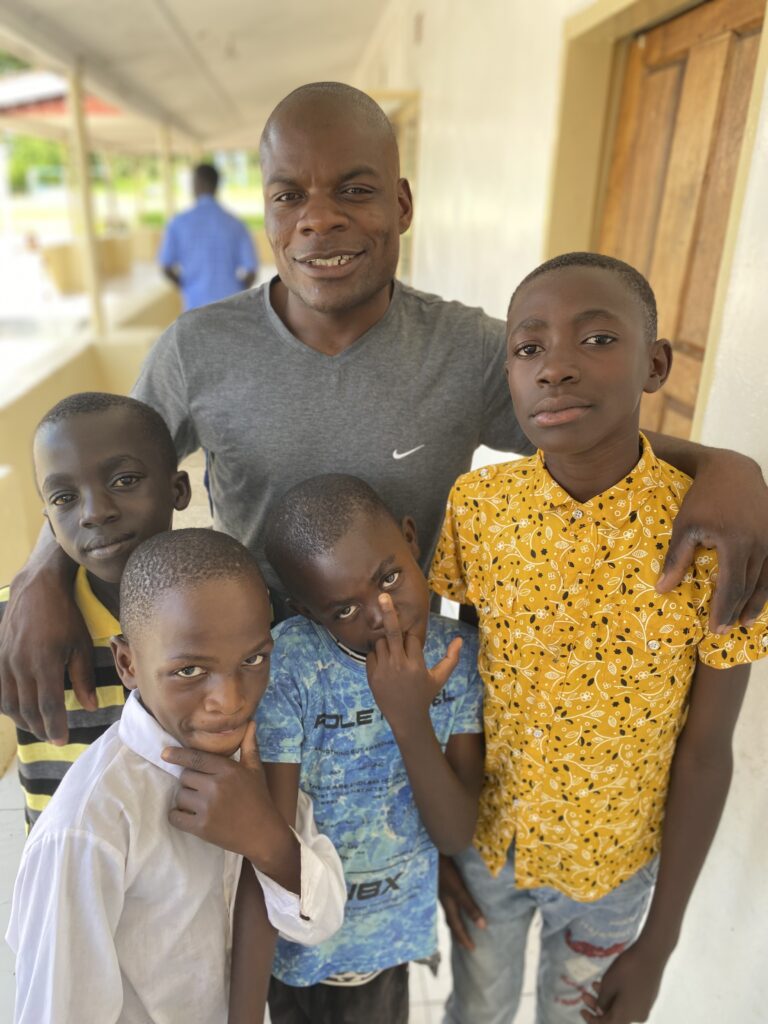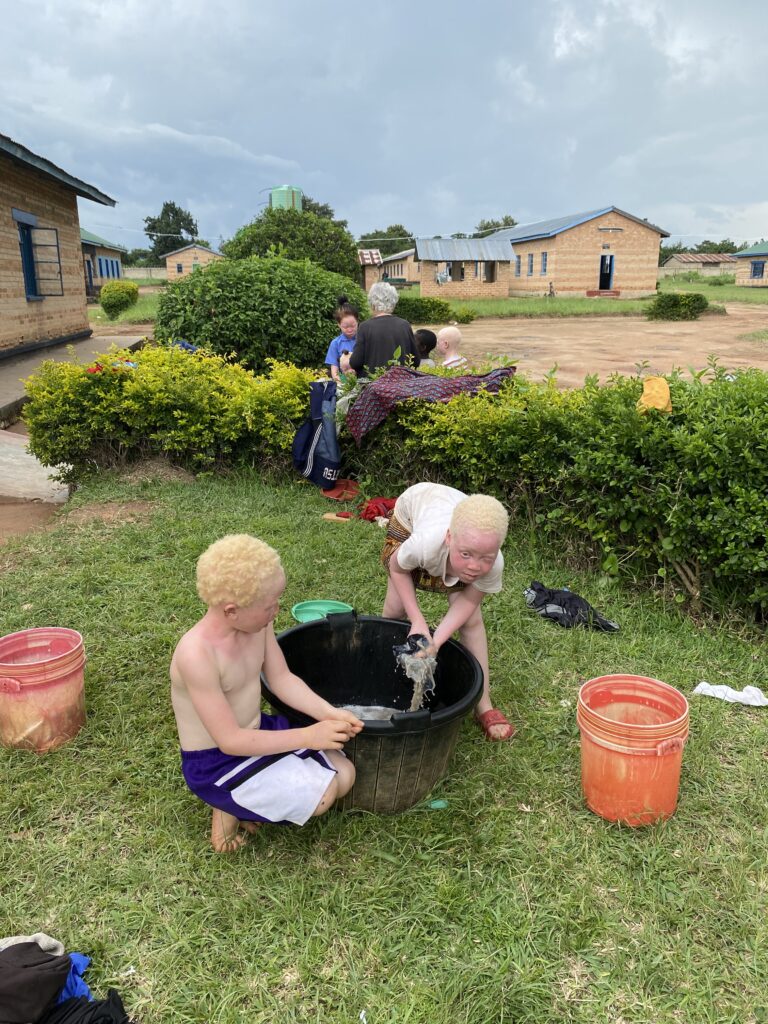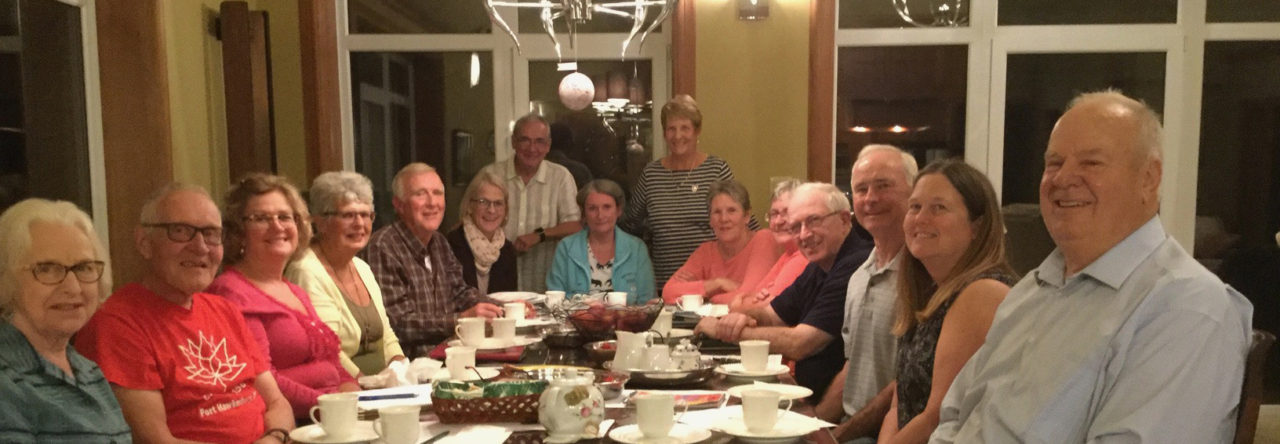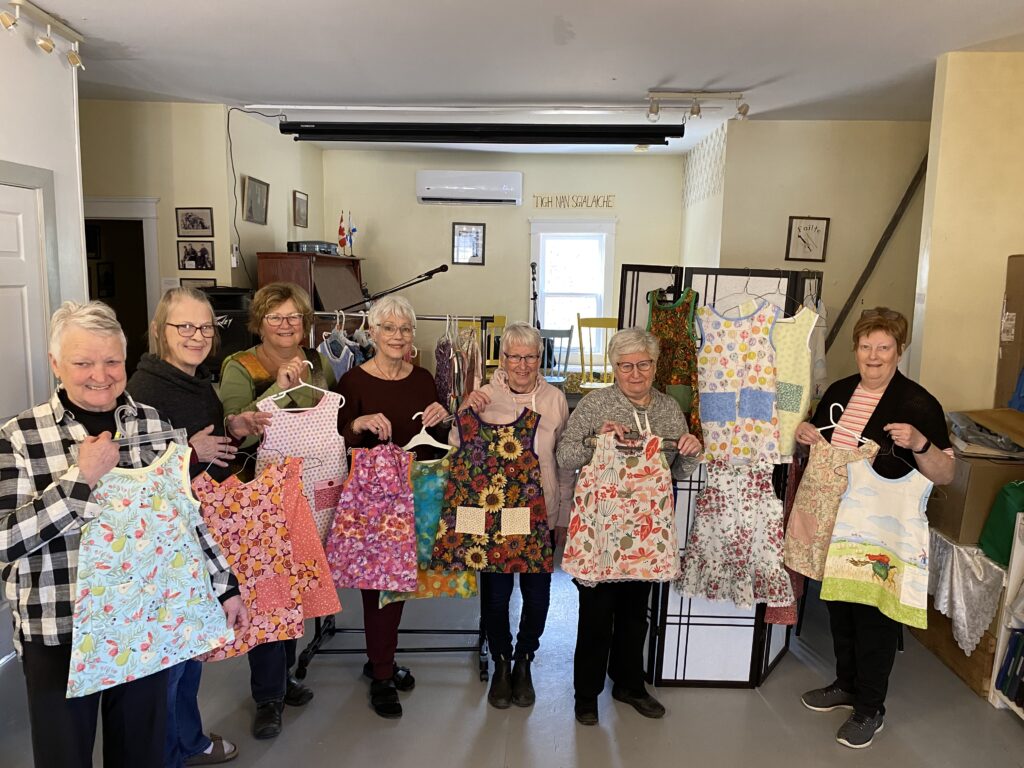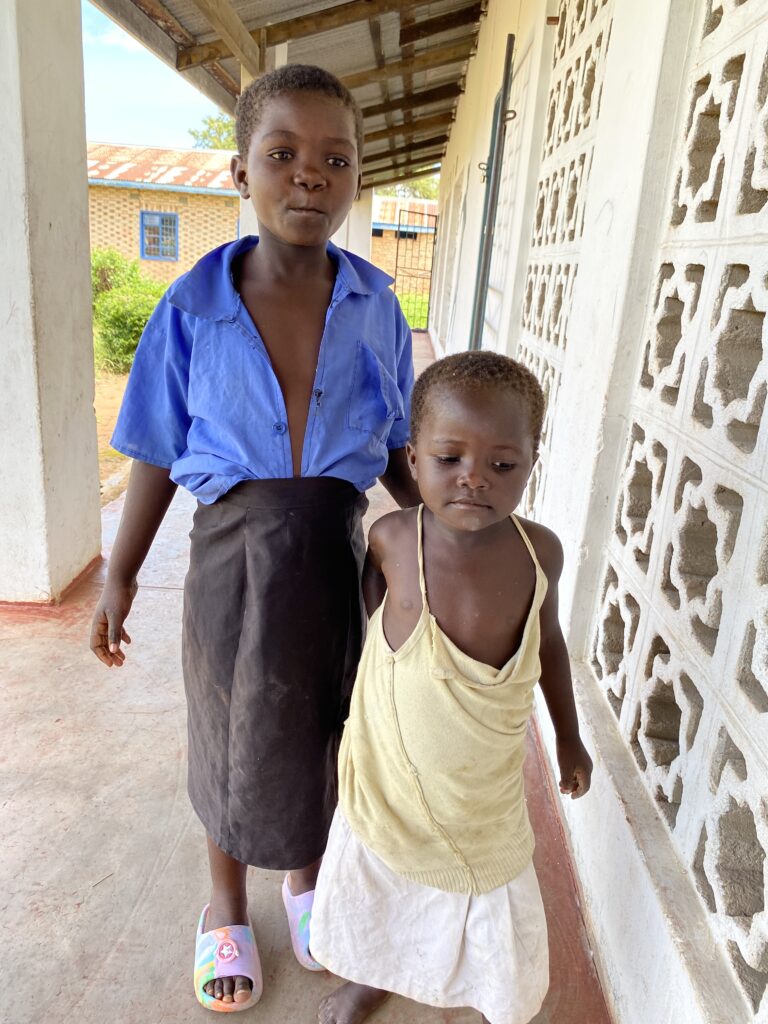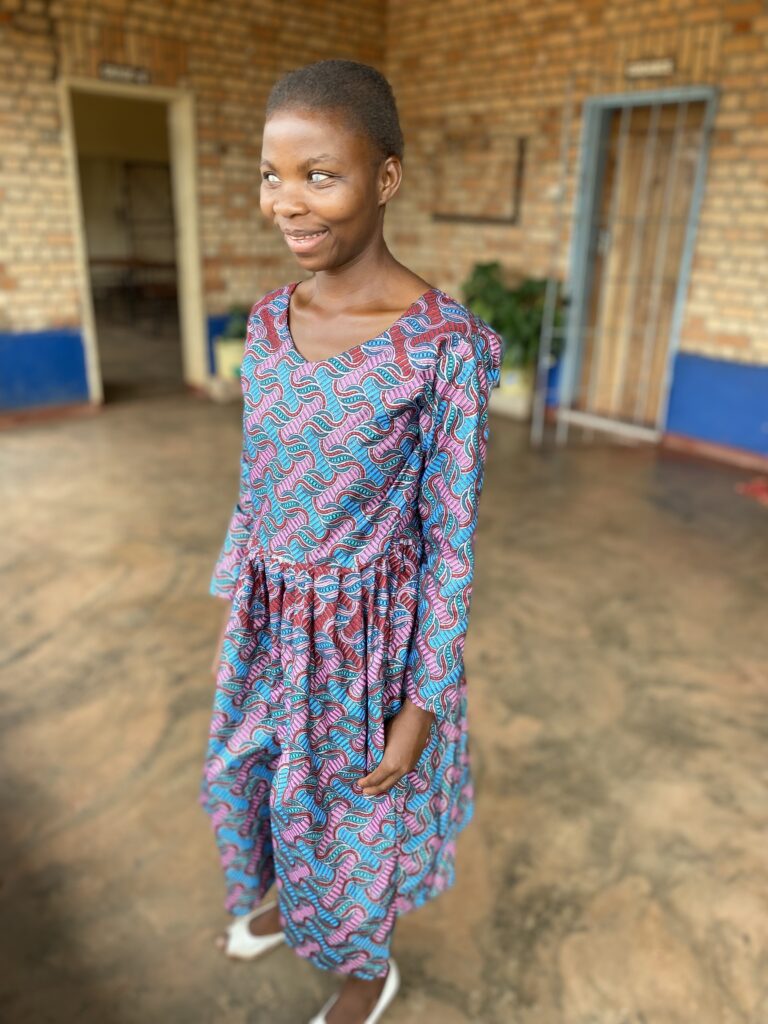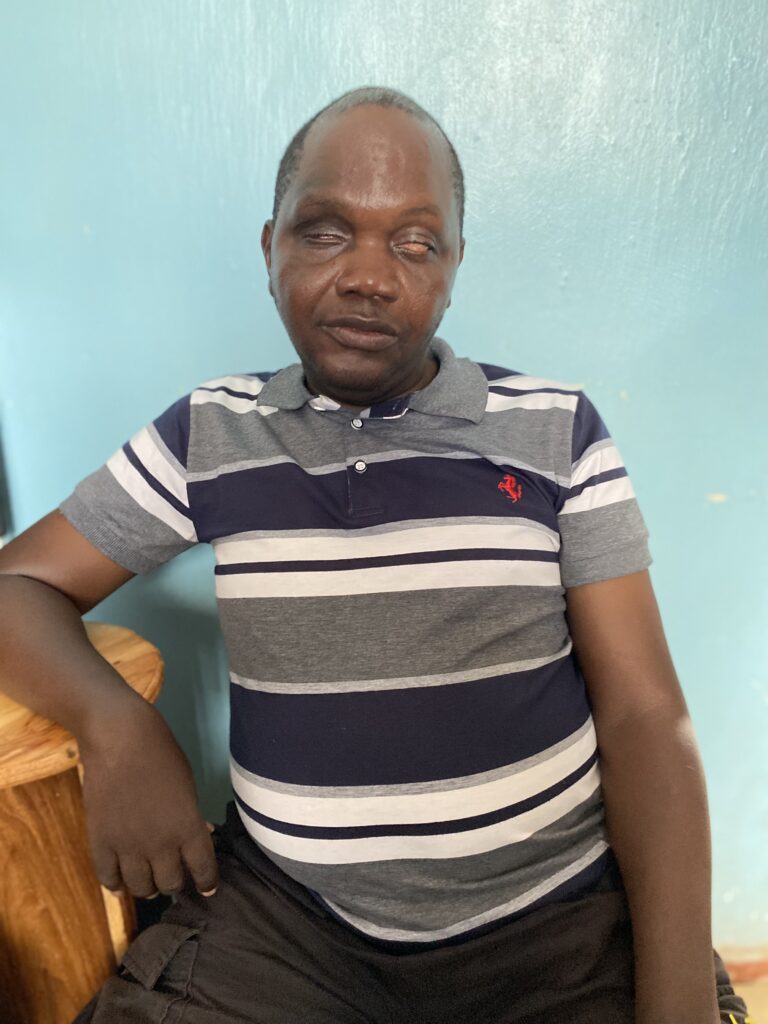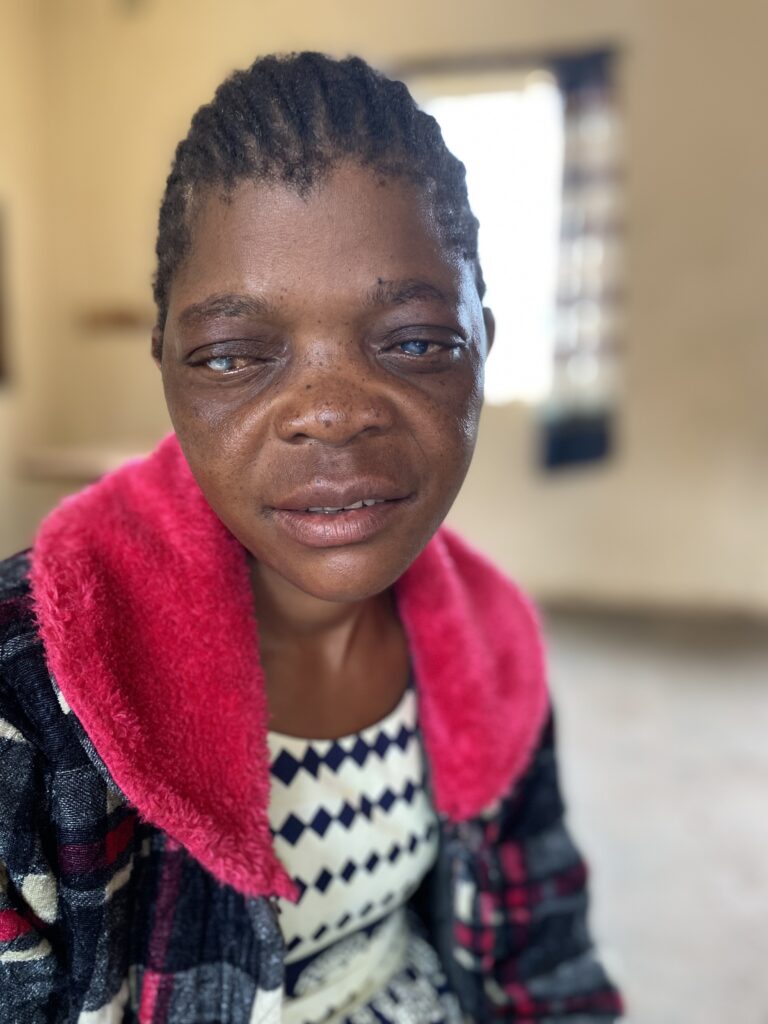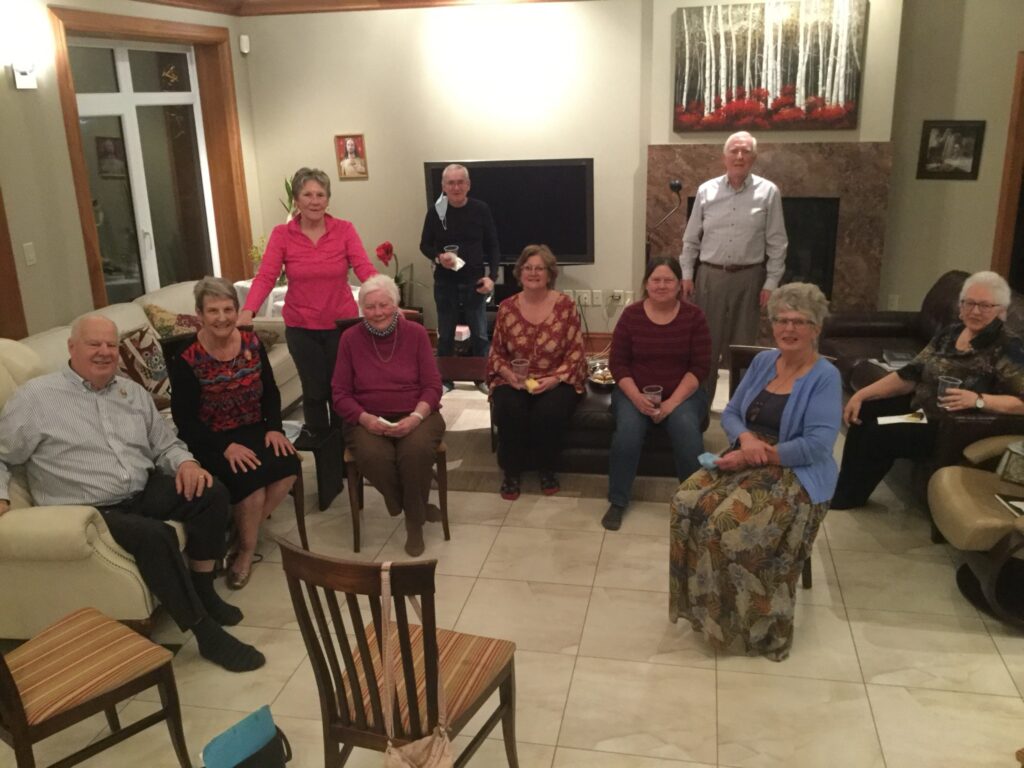Betty Jane Cameron of West Mabou is a longstanding member of Inverness County Cares (ICC) and has travelled to Zambia on two occasions. Her life experiences and medical field career have given her an excellent understanding of the challenges of life in remote Zambian villages.
The blind, visually impaired and albino children attending the Kawambwa schools face huge challenges when they are transplanted from their villages into the new and unfamiliar school environment. Many have faced social and emotional ordeals in their home villages because of the stigma of their visual handicaps and albinism. Children with albinism are often isolated, abused and even their lives threatened because of the myths surrounding albinism.
Betty Jane recounts her experiences in the Kawambwa schools, where she found herself drawn to the house parents at St Mary’s Special School who care for the new, 4–5-year-old students.
Betty Jane recounts, “Many children had poorly developed skills, were neglected by family and community, hidden away, shunned, and abused. They were often unable to relate to others, make friends, or understand how to care for basic daily needs. They sometimes arrived frightened, and withdrew or picked fights. I noticed this behaviour was seen in both children who were blind and those living with albinism.
I watched the amazing house parents love and teach the newcomers with gentle touches, hugs and soothing words. The little ones were often carried on their backs, as parents would do, lulled to sleep, hand fed and changed. Before long they were following the adults in long lines like little ducklings. In the primary class everyone had half egg cartons and small stones to learn braille, and they were guided by a patient teacher who also showed them the same tender care with songs, games, repetition and touch. How much things are the same in different cultures!
There are both male and female house-parents who live with the youngest and newest children at each school. They sleep in the same dorms, are responsible for the infirmary, and act as parents, teaching and guiding their behaviour, social skills, religious education, and safety at play, chores and travel around the grounds.
I have seen them at the back of the recreation center with little ones sitting in big chairs, monitoring their attention and sleepiness levels – from falling off chairs, to gathering a tiny girl into her arms and rocking her to sleep, and one “dad” with his arms around a little boy on each side.
The children are taught to be courteous and gracious to the elders. To celebrate our (ICC’s) time at the school, six small beautifully dressed small ones greeted each of us with flowers and took us by the hand into the hall. The proud house-parents were beaming from the sidelines.
There is a picture of a group of young boys enthusiastically showing their joy and thanks for a load of maize flour gifted by their local bishop. After posing politely for a photo, they then turned to help lift the heavy sacks into the storage room with the help (lots!) from their house-parents.
Saturday morning was laundry day for the school. The little ones were taught to care for their clothes, to fetch water, scrub, wring and hang the wash on nearby bushes. They had so much fun in the tub, splashing and chasing each other. They were gently taught the importance of caring for themselves and each other.
The adults are responsible for the infirmary and for the health of the children. They work with very limited first aid supplies and were grateful for the items we brought with us. They stay with any sick children overnight, and deal with flu, loneliness, homesickness, injuries and chronic illnesses like seizures. I answered questions, taught bandaging skills and explained uses for each item we brought and we made lists for future needs. They thanked us for our hands on demonstrations and for giving them confidence in their own abilities.
The children were also shown how to care for the school and orphanage animals – chickens, goats and rabbits, and they delighted in taking us to visit them.
House-parents and older children spent a lot of time with the young ones at play. This included making time for assembling scraps for toys such as skipping ropes from plastic water bottle rings and rolling wheels from sticks and hub caps. We brought soccer balls with bells inside, and taught the small boys and girls to listen for the sound approaching as they kicked to another child nearby. The children loved to work with clay and make figures and furniture for mini homes. Many little ones loved digging for groundnuts and cracking them with stones to get a free snack.
The house-parents dealt with behaviour issues, especially among the newest young boys. Many were good, experienced fighters, and had no positive models to develop social skills. Their house-parents would take them to school if they were afraid, show them how to make friends, dealt with toilet training, fear of adults and helped develop culturally appropriate eating skills.
Safety training was a big part of house-parents work and they were always on high alert – dealing with falls, tears, band aids, broken legs and arms. They were at the sides of their small charges to provide sunscreen protection, to navigate paths, building edges, classroom access, potholes, flooded areas, garden paths and in the garden sorting vegetables from weeds….”
The love and care provided by these dedicated house parents is an invaluable service. They offer a transition from the familiar to a whole new world. At the Kawambwa schools they are provided with the love and care needed to develop confidence and self-esteem. The school forms a foundation which provides them with the means to a successful and productive life despite their challenges.
Inverness County Cares (ICC) is a local charitable organization, founded in 2012 and based in Inverness County, NS, Canada. ICC works in partnership with Chalice.ca, a Canadian charity, based in Bedford, Nova Scotia. Chalice provides guidance and assistance to help ICC provide a better life for the children at the Kawambwa schools. The Kawambwa Project involves supporting two schools for albino and visually impaired students, in Northern Zambia. Inverness County Cares always welcomes new members. Individuals who wish to donate, can use the donate button on our website http://invernesscountycares.com When using E-transfer, please include your mailing address for CRA tax receipts and a thank you message. E-transfer address: invernesscountycares@gmail.com or send a cheque to Inverness County Cares, 5414 Route 19, Judique, NS, Canada, B0E1P0. Taxation receipts provided.
